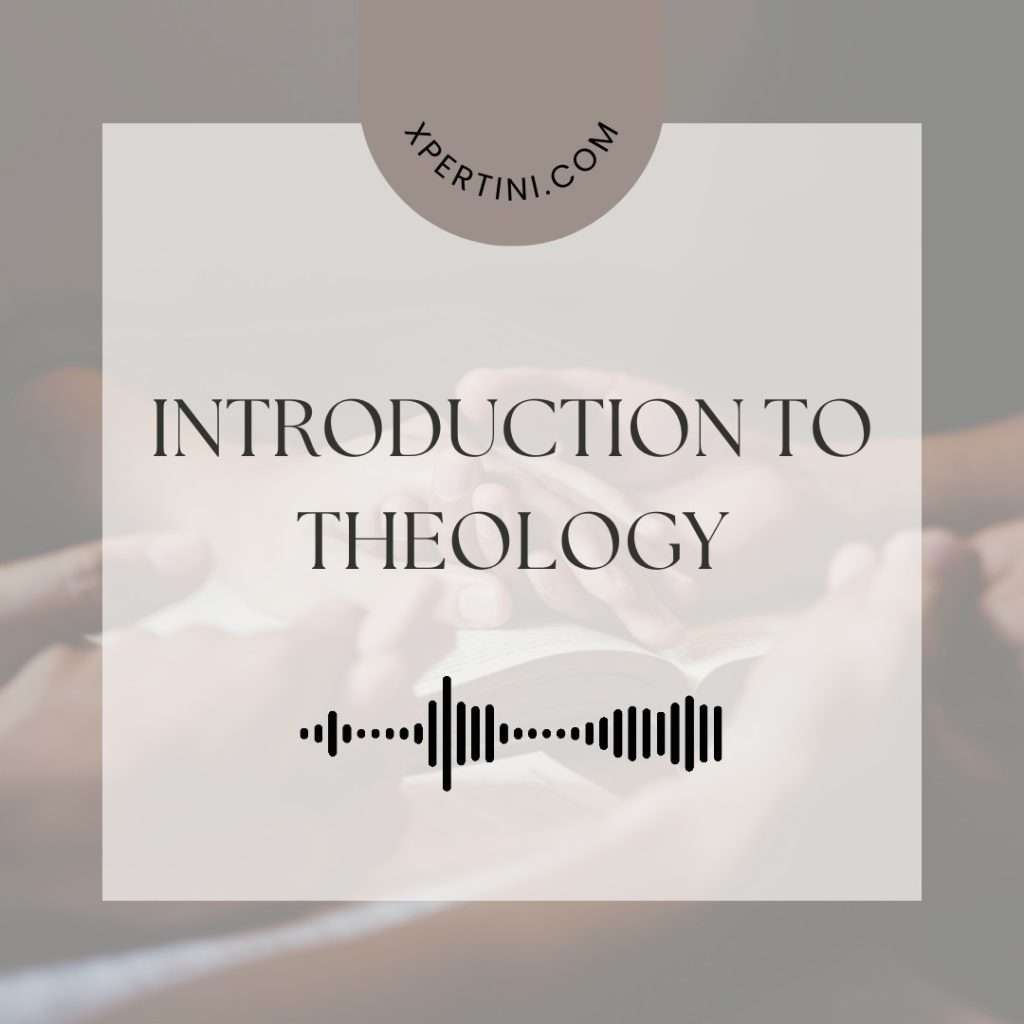Introduction to Theology
Course Summary
In the ever-evolving landscape of religious studies, the journey through this course delves deep into the interplay of theology and ethics. It explores the fundamental principles that underpin moral reasoning and decision-making within religious contexts. As learners navigate through the diverse theological doctrines and ethical theories, they unravel the profound influence of religious beliefs on individual and societal values. The course equips students with analytical tools to dissect moral dilemmas and navigate complex social justice issues, fostering an understanding of the relationship between spirituality and morality.
Moving forward, the exploration extends to comparative theology, illuminating the rich religious traditions and their theological doctrines. Through an examination of different faith traditions, students gain insight into the commonalities and differences that shape religious worldviews. Interfaith dialogue emerges as a cornerstone for promoting mutual understanding and cooperation across diverse religious and cultural backgrounds.
Further, the journey leads into the realm of systematic theology, offering a structured approach to understanding theological doctrines such as creation, redemption, and eschatology. By synthesizing theological insights into a cohesive framework, students deepen their comprehension of core theological concepts and their implications for contemporary society.
As the course unfolds, contemporary issues in theology come to the forefront, prompting students to grapple with current debates and controversies. The relevance of theology to contemporary social, political, and scientific issues becomes apparent as students engage in critical discourse and reflection.
Finally, the course culminates with an exploration of career opportunities in theology, empowering students to chart their professional path in this multifaceted field. Whether pursuing academia, ministry, nonprofit work, or interfaith dialogue, graduates are equipped with the skills and knowledge to make a meaningful impact in their chosen vocation.
In essence, this course serves as a gateway to the vast and field of theology, inviting learners to explore intellectual inquiry, personal growth, and societal engagement. Through rigorous study and thoughtful reflection, students emerge with a deeper understanding of theology’s role in shaping individual lives and global communities.
Course Overview
This course provides an introduction to the fundamental principles, concepts, and methodologies of theology, a discipline that explores the nature of the divine, religious beliefs, and their implications for human life. Through a blend of theoretical exploration and practical application, students will gain a deeper understanding of various theological perspectives, historical developments, and contemporary debates within the field.
Course Objectives
Understand the basic concepts and terminology of theology.
Analyze and critically evaluate theological texts and arguments.
Explore the historical development of major theological ideas and traditions.
Engage in theological reflection and dialogue within a diverse cultural context.
Apply theological insights to contemporary ethical and social issues.
Develop skills in research, writing, and communication within the discipline of theology.
Course Outcomes
Demonstrate understanding of key theological concepts and terminology.
Analyze and evaluate theological texts and arguments critically.
Trace the historical development of major theological ideas and traditions.
Engage in theological reflection and dialogue within diverse cultural contexts.
Apply theological insights to contemporary ethical and social issues.
Develop research skills relevant to the study of theology.
Enhance their writing skills through theological analysis and reflection.
Improve their oral communication skills through theological discussions and presentations.
Collaborate effectively with peers in theological inquiry and dialogue.
Identify potential career paths and opportunities in the field of theology.
Course Audience
Students interested in pursuing further studies or careers in theology or related fields.
Individuals seeking to deepen their understanding of religious beliefs and traditions.
Professionals working in religious institutions or community organizations.
Anyone curious about the intersection of faith, philosophy, and culture.

